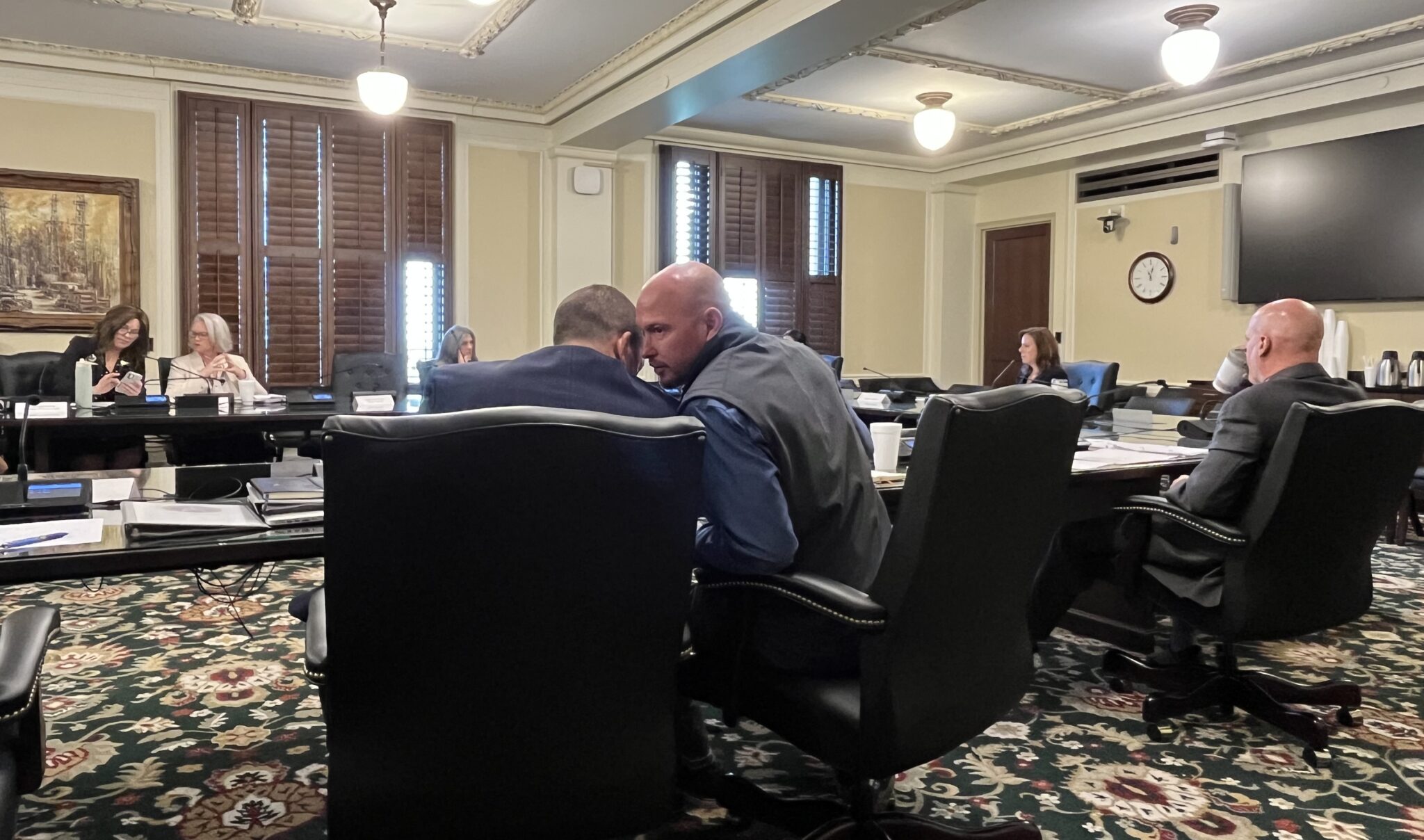Audit Reveals: Oklahoma Mental Health Agency's Chronic Financial Transparency Crisis

In a critical call for reform, the leadership of LOFT has highlighted the urgent need for the state's mental health department to fundamentally restructure its approach to budgeting and service delivery. The organization's head emphasized the importance of developing clear, comprehensive guidelines that outline the essential mental health services the department must provide.
This recommendation comes as a wake-up call for state officials, suggesting that the current budgeting process lacks the strategic clarity and focus needed to effectively support mental health initiatives. By returning to budgeting fundamentals and creating a robust framework of service guidelines, the department can potentially improve its ability to meet the community's mental health needs more effectively and efficiently.
The proposed approach aims to bring greater transparency, accountability, and purpose to mental health service planning, ultimately working towards better support for individuals seeking mental health resources and care.
